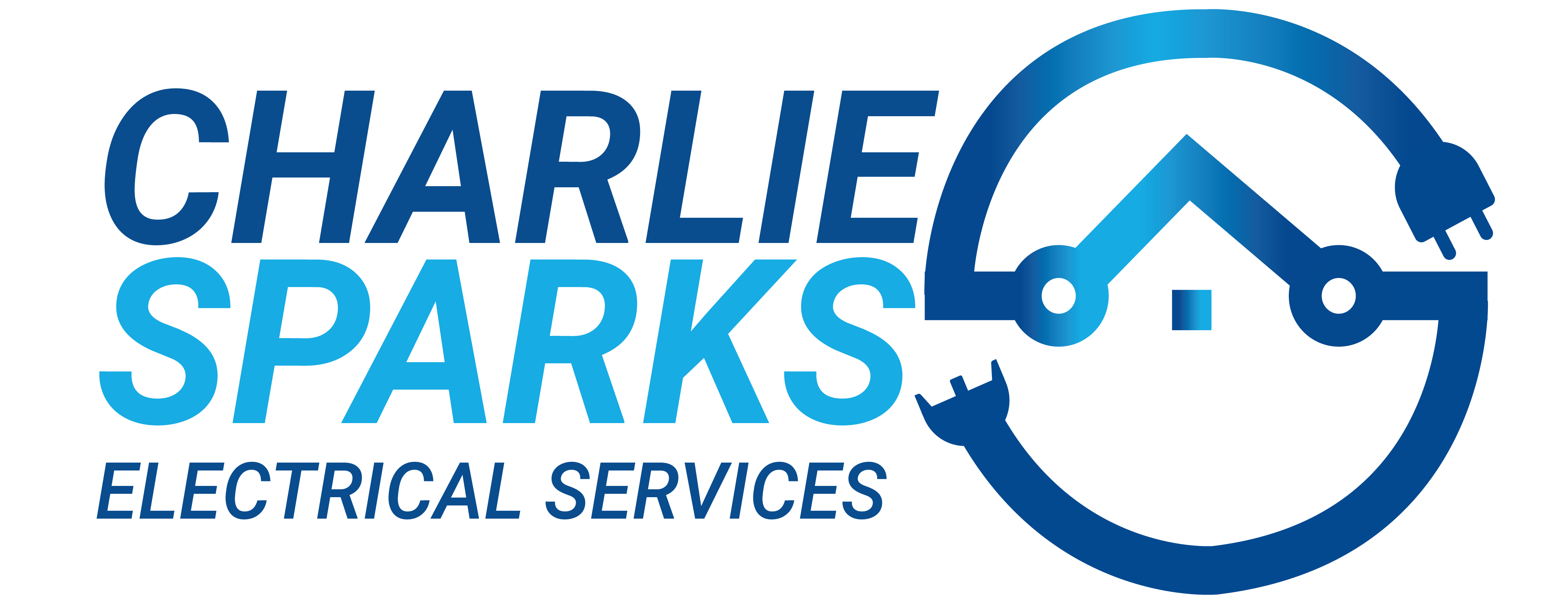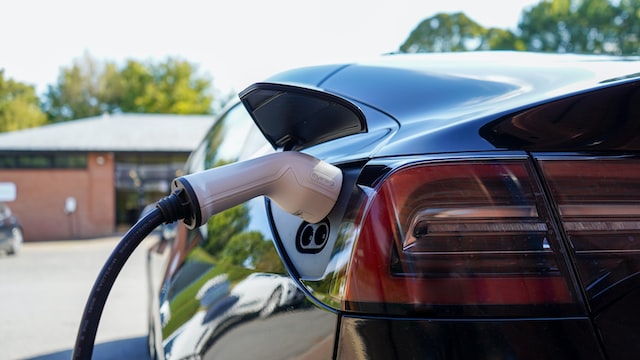Trained personnel can install an electric car charger quickly and efficiently, and residential and commercial customers can typically expect a fully-tested charging point installed at the desired location within a lesser time.
Before any site visit, ensuring a smooth installation process is imperative by providing comprehensive information, performing a thorough inspection, and recognizing that every project may require a different amount of time than the average.
Let us walk through some factors that affect the time to install an EV Charger.
Factors that affect the time to install an EV charger
Labor hours
Due to the individualized nature of each installation, the average time frame to complete a home EV charging station set-up is between two and six hours.
A prompt and efficient installation is completed within two to three hours if we supply all requisite details on time and make preparations following recommendations.
Charging unit
Additional works
Are there any issues with installing a Home EV Charger?
Following their site survey, the installer should advise you of any potential limitations to the EV charger installation.
- Do not install the ChargePoint in areas where the cable would extend beyond the property line or create a safety hazard.
- The unit should be installed at an appropriate height to avoid contact with moving vehicles, but no higher than 1.8m.
- Do not suspend cables between buildings or structures.
- It is not permissible to run cables under floorboards or ducts/voids without a drawcord.
- Before commencing work, the client must obtain written authorization for the additional costs incurred for trenching cables beneath the ground.
- It is unsafe to install in areas with limited access, such as crawl spaces, lofts, or roofs.
- The installation process can only proceed once the property’s electrical wiring is deemed safe on the scheduled date.
Frequently Asked Questions
This type of charging station typically takes 8-12 hours to fully charge a vehicle from 0 to 100%, making it safe to charge an electric vehicle overnight with a regular EV charger of 3kW.
It would be best if you decided the duration of charging sessions based on the charger’s capacity, the EV’s battery capacity, and the available charge in your electric car.




